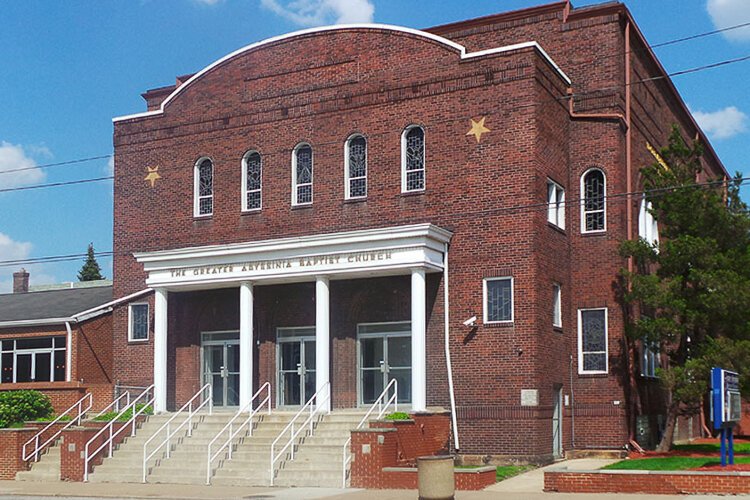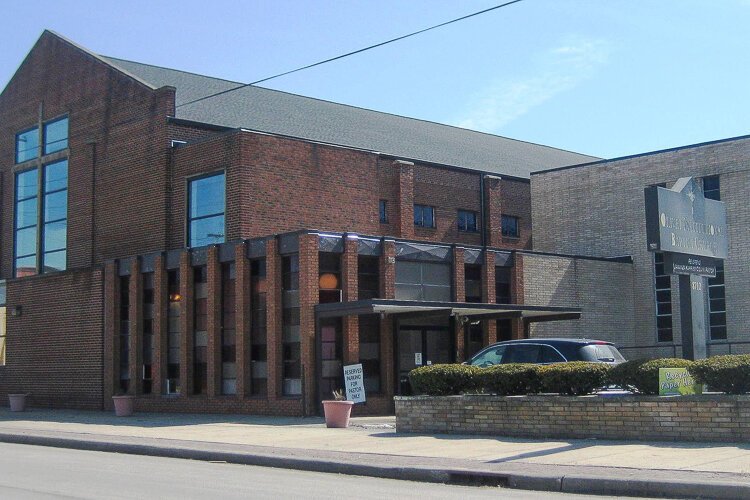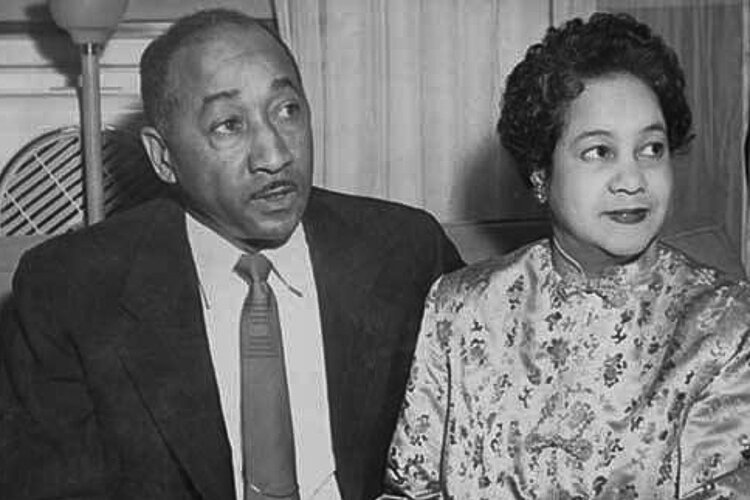Cleveland Restoration Society reveals next three African American Civil Rights Trail markers
The Cleveland Restoration Society (CRS) on Wednesday, Feb. 2 announced the next three markers that will make up the 10-stop African American Civil Rights Trail through Cleveland.
The sites included in this round are John G. Pegg House and Ludlow Community Association straddling Cleveland’s Mt. Pleasant neighborhood and Shaker Heights, Greater Abyssinia Baptist Church in Glenville, and Olivet Institutional Baptist Church in Fairfax.
“We’re really thrilled about having these next markers announced,” says Stephanie Phelps, CRS marketing and public relations specialist.
Ludlow Community Association and Pegg House
The Ludlow Community Association is recognized for its efforts in promoting integration of the Ludlow neighborhood in Shaker Heights, especially after a bomb was planted in the garage of John G. Pegg, a Black lawyer who was building a new house on Corby Road.
“The significance of this site was the 1956 bombing because [people] did not want [African Americans] moving into the neighborhood,” says Phelps. “The social activities developed were intended to welcome people so they would feel comfortable during that period.”
The association set a national example as a neighborhood development model and was able to reverse white flight, maintain an integrated neighborhood, and rebuke widely held beliefs about integrated living. To maintain racial balance, it organized social events to raise money for prospective white homebuyers who lacked funds for a down payment—gaining national recognition from politicians, journalists, and ambassadors.
 Greater Abyssinia Baptist ChurchGreater Abyssinia Baptist Church
Greater Abyssinia Baptist ChurchGreater Abyssinia Baptist Church
During the heyday of the civil rights movement, the Greater Abyssinia Baptist Church served as the headquarters of the United Freedom Movement—an organization comprised of Black and White civic organizations like the National Association for the Advancement of Colored People (NAACP), the Urban League, Congress of Racial Equality (CORE), and various other groups.
The group was incremental in challenging segregation and overcrowding in the Cleveland public school system. After the Hough Uprising, Pastor Theophilus Caviness asked Dr. Martin Luther King to visit, in an effort to prevent further violence.
“Pastor Theophilus Caviness was the leader of the Southern Christian Leadership Conference in Cleveland and Dr. King came the Abyssinia frequently as well,” says Phelps.
 Olivet Institutional Baptist ChurchOlivet Institutional Baptist Church
Olivet Institutional Baptist ChurchOlivet Institutional Baptist Church
As one of the largest African American churches in Ohio, Olivet Institutional Baptist Church was a civil rights hub under the leadership of Rev. Odie M. Hoover. Hoover was known for his connection to Dr. Martin Luther King, Jr., and his work to advance civil rights.
In 1966, the church opened the O. M. Hoover Christian Community to provide fellowship and recreation services for its members and the community at large. In 1974, Civil Rights activist Rev. Otis Moss, Jr. became pastor at Olivet and worked continuously to improve the quality of life for residents in the Fairfax neighborhood.
“It was basically the home base for Dr. King whenever he came to town,” says Phelps. “And Pastor emeritus Otis Moss Jr. and Dr. King also had a very close relationship.”
In October 2019, CRS was awarded a $50,000 African American Civil Rights Grant from the National Park Service for its project “In Their Footsteps: Developing an African American Civil Rights Trail.” to preserve and highlight stories related to the African-American struggle for racial equality in the 20th century.
The first three sites were revealed last February, and include Cory United Methodist Church, Glenville High School, and an undecided location in the Hough neighborhood.
The first marker, Cory Church, was unveiled and dedicated at the church in December at CRS’s annual community luncheon.
Phelps says she doesn’t know when the next group of markers will be revealed.


